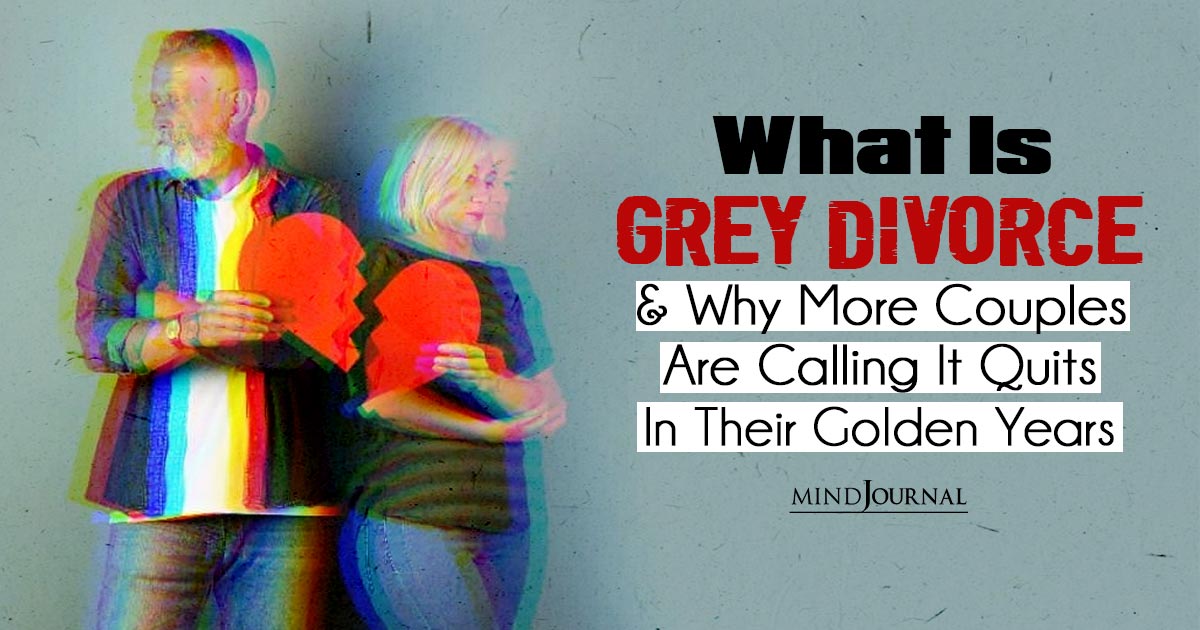When you feel like a failure after divorce everything carries the dark, “you suck” cloud of self flagellation.
Your once trusted instincts feel like harbingers of idiocy…because “you suck.”
Every vision of your future is torn to shreds and new ones seem impossible…because “you suck.”
You know you’ve survived worse but for the life of you, you can’t remember what or when … let alone how you did it.
Right now, all you know is that you blew it.
You committed to a marriage and quit.
You. Suck.
Fear not, brave woman of the future!
Your angst is actually proof that you’re moving forward on the grief spectrum. Elizabeth Kubler-Ross identified 5 major stages of grief in the early 1970s: Denial, Anger, Bargaining, Sadness, Acceptance. Anger is really a mask for much more nuanced frustrations that went unaddressed. Bargaining is a “woulda/shoulda/coulda” mind game we unconsciously play with ourselves. The heart of that suffering comes from the misguided belief that we had control over the uncontrollable.
The movement from one stage to the other looks and feels like a collage of our greatest fuck-ups on permanent display in the foyer of your life. “Hello, new (job/relationship/opportunity/etc) please, take note of my complete and utter failure as we nudge around it and attempt to get to the heart of my actual home where hope once resided…hmmmm….it’s around here somewhere I know I saw it the other day.”
Even if beating yourself up is the only exercise you’re getting right now it’s time to redirect that attention and do these 7 small, but effective, things instead. Before you know it, you’ll be forgiving yourself for your past and confidently creating a fulfilling new future.
1. Take a third-person perspective
If you had to describe the person you were at 11, in detail what would you say about her? Is she impetuous? Adventurous? Insightful? Afraid of authority?
Now do the same exercise for yourself at 18. 25. 38. Today.
At each stage of the game she becomes a unique character defined less by her circumstances and more by her character.
Habits morph. Some beliefs whither while others deepen.
From this distanced, more objective perspective you can see that she is (you are) constantly learning and growing. You see that decisions made in one set of 11 year old circumstances really were the best you could do with the information and tools you had at the time.
Just because your 18 year old choices were informed by different experiences and tools doesn’t mean your 11 year old self was an irredeemable dolt. Likewise with every age and set of circumstances.
Yes, even your divorce! You did the best that you could with the tools that you had at the time.
Your growth, your success, is iterative. It always has been. In that way, when you feel like a failure after divorce you can see that it is really, REALLY just a feeling. It isn’t truth.
Read Conflict Is A Normal And Natural Part Of Your “Happily Ever After”
2. Investigate your beliefs.
Beliefs are just habitual thoughts.
What you understand as truth is built over time, on the proof you’ve been paying attention to.
Replay every screw up and you will eventually believe that you’re a screw up.
Glom on to every success, however, and you will build the belief that you’re a success!!
Instead of berating yourself for what you’ve perceived to be your mistakes, be your own cheerleader:
- Talk to yourself the way you’d talk to your best friend. What would you tell her?
- What strengths would you point to?
- How many examples of her Amazonian awesomeness would you laud as the tell-tale signs of your grit and tenacity?
- Sure, she fell down but didn’t she also get up, for crying out loud??
Now make that best friend yourself.
- Write down all of the proof you find of your unique brand of “winner.”
- Review your strengths every day.
- Add new ones as every time someone (even yourself) sees greatness within you.
Eventually your awesome-sauce will feel as true as any old bullshit thought you held about your “failings.”
3. Engage the benefits of [future] hindsight
Pretend you’re the older, wiser version of yourself from the future.
“Older” takes years.
“Wiser” takes some growth and healing.
You can focus on growth and healing at any point…even right now.
What reflections and insights does You + 10yrs have? How about You + 20? As she reviews her life and sees her strength, wisdom and joy what painful experiences is she thankful for?
Chances are really good that the divorce fits in there somewhere. At least to some degree. What lessons did she learn? Does she appreciate that she can survive (even thrive through) terrifying life transitions?
It’s possible that she feels empowered by the fact that she can let someone walk when they don’t respect perfectly healthy boundaries. She may even appreciate the irony that the space her ex made when he left made room for the kinds of relationships with whom she doesn’t need to set healthy boundaries with in the first place!
Now, how does that feel? The emotional state of resolution, peace and even joy will give you an internal reference point for the kind
Feel it.
Deep in your bones, feel the truth of it.
Read How Being Too Nice Makes Your Life Miserable
4. Redefine failure.

Think long and hard about your favorite successes. Each and every one of them were built on the backs of a variety of failures. That is exactly how you improve anything in your life.
Every single perceived “failure” in your life comes with the opportunity to strengthen something you need: patience, resiliency, forgiveness…YOU.
You have that opportunity now. If you continue to berate yourself for “failing” you miss the opportunity for success. Belaboring the past is only helpful insofar as you’re willing to look for the tools you used to get through it.
“Failure” is having the courage to end one chapter and write the next.
Failure is the opportunity. Courage is the tool.
“Failure” is having the wisdom to let go of what no longer serves your highest good.
Failure is the opportunity. Discernment is the tool.
“Failure” is having being gracious enough to let someone go, even when you don’t understand why.
Failure is the opportunity. Forgiveness (letting go) is the tool.
What opportunity does your “failure” present to you?
Read 15 Habits of Truly Miserable People
5. Look to future possibilities.
Whether you feel better about your past or not is just a matter of practicing the first four things to do when you feel like a failure after divorce.
With some practice under your belt you soon understand (and soon accept) that whatever you believe about the end of your marriage (that either it, or you, or both were a failure) that chapter has closed. You’ve got a wide open future ahead of you.
Once you agreed to be married to one person you also agreed to reject infinite other possibilities in your life. That’s the very nature of “opportunity cost,” the idea that saying, “yes,” to one option inherently means saying, “no” to all other options. Understand that, and you quickly realize that, without your spouse, you have once again opened the door to a myriad of non-married options in your life.
There will be times when you’re overwhelmed by the loss. After all, you didn’t just lose your relationship you lost all of the accompanying hopes and dreams. The pain is normal. It’s also not the only available experience.
There will also be times when you see new possibility, feel curious and (dare I say) hopeful! Allow yourself to feel all that good stuff too. A whole new world is available to you now. Like a kid in a candy store you get to peruse, imagine, anticipate and ultimately choose whatever you like.
6. Allow for more than a single “right” way for the future to look.
I get it…on your European vacation you envisioned you and a partner. What if, instead it’s just you and you practice photography on your trip?
Wouldn’t it be a blast to go learn all about South American wine and meet others doing the same? How about you and a close friend flying by the seat of your pants with no plan at all? Couldn’t it happen that you rescue a stray chien dans les rues de Paris?
What adventures await you as you set out into the world un-tethered by either the relationship or the desperation from it’s loss?
Create new rituals for yourself. Sunday picnic in the park, knitting at the local coffee shop, play hooky from work once a month and go for a hike. Your future doesn’t have to be a giant departure from the past in order to bring either closure or hope. Small steps add up.
Read How To Deal With Feeling Unwanted, Abandoned and Unloved
7. Imagine your feelings of hope, wholeness and happiness.
Wanna know why imagining a fight with your boss elicits the same adrenaline response as actually having a fight with your boss? Because the brain doesn’t know the difference between what you see with your eyes from what you see with your imagination. The nice thing is it works in the positive too.
You don’t have to imagine being at peace with your divorce, just imagine being at peace. Imagine laughter. Pretend adventurously. Allow your imagination to spark the emotions you need to guide you to your next best step forward.
Be kind to yourself

Not everyone is going to understand why you’re not just over it already. That’s their story about an arbitrary timeline for grief and, even more likely, an expression of their own lack of security because they don’t know how to help friends dealing with grief.
It’s up to you, then, to be sweet to yourself.
Read 12 Tips To Self-Love And Compassion
All of these small things to do when you feel like a failure after divorce are just advanced versions of being kind to yourself.
Yes, little gestures and kindnesses go a long way. Treat yourself to a decadent coffee at a cozy little coffee shop. Take a bubble bath. Spend time with the injured parts of you in meditation or a journal.
But when those just won’t cut it or, worse, they make you feel even worse it’s time for the more intentional practice outlined here.
Give yourself space to feel, think, heal and grow as you begin to move forward into your new future. With a lot of practice and just a little faith in yourself you will successfully move forward.
Written by Triffany Hammond Originally appeared on TriffanyHammond.com Printed with permission from the author









Leave a Reply